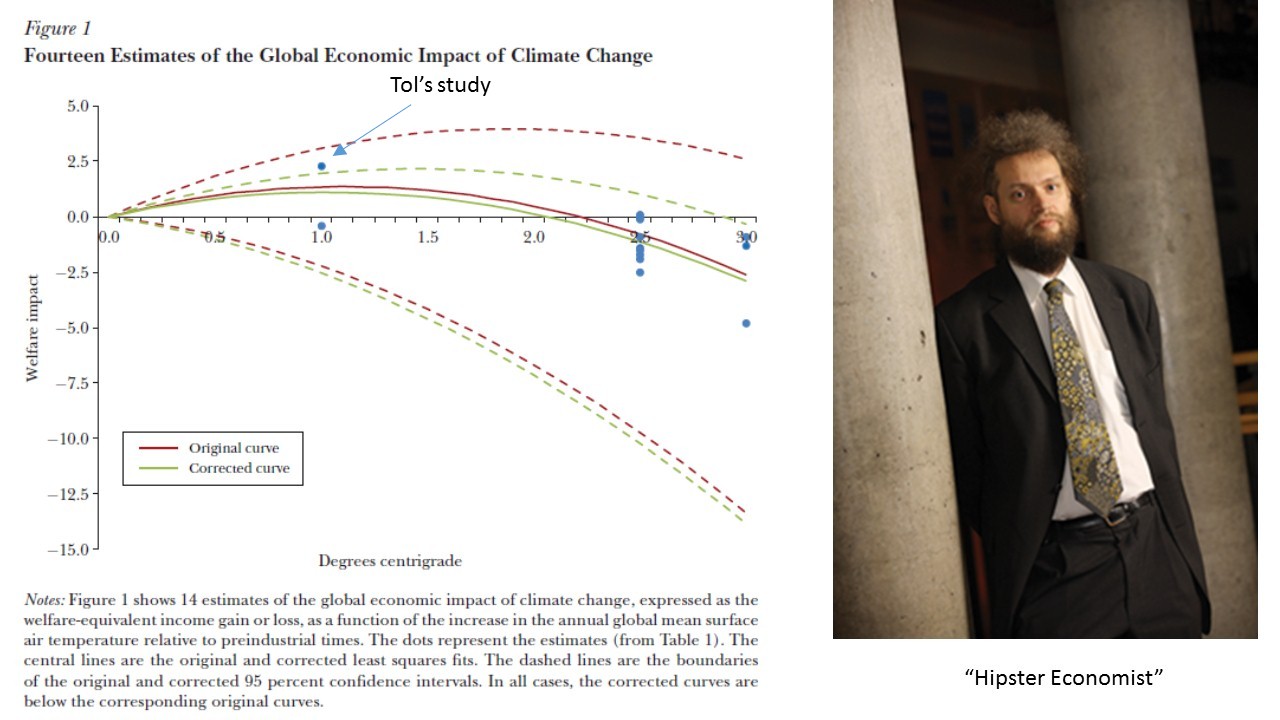If you are considering the study of economics as a potential major, we have developed some basic guidelines for you to review and consider. Here is an overview of our conception of economics at Lawrence. For more on the collegiate economics major more generally, here is some information from the American Economics Association.
For those of you interested in Business or “Pre-Business”, economics courses might prove to be extremely valuable, but you do not need to major in economics to develop an excellent set of skills that will make you an attractive job candidate — or successful entrepreneur — down the line. Your best bet is to discuss your personal and professional interests with a number of different people, and consult with your advisor on curricular and co-curricular choices that will put you in position to meet your goals.
Advice to Potential Majors: Students interested in a major in Economics should begin with introductory classes in economics and mathematics. The first economics class is ECON 100. We offer a section of ECON 100 each term this year, with Spring currently having the most extra capacity.
Students who have satisfied the ECON 100 requirement should consider taking 200-level classes based on their own interests. This year we have Public Economics (ECON 271) in the fall if you want to take something right away. If you are interested in operationalizing some skills, Quantitative Decision Making (ECON 223) is an Excel-heavy modeling and problem solving course. In the winter we will have Decision Theory (ECON 225) and a Latin American Development course (ECON 2XX). Spring will feature both Environmental Economics (ECON 280) and Comparative Systems (ECON 215). The former is an applied economics course, and the latter is more writing intensive consideration of how societies organize economic activity.
There are three intermediate theory courses that are offered sequentially each year – ECON 300 Microeconomics in the Fall, ECON 380 Econometrics in the Winter, ECON 320 in the Spring. These courses are most effective when taken sequentially in either the sophomore or junior year. Freshman should not enroll in these courses.
Sophomore year is a good time to take ECON 225 Decision Theory. This is not a required course, but we strongly recommend it for all majors and minors. We will be offereing ECON 223 Quantitative Decision Making….
Mathematics Requirements and Advice: The introductory mathematics courses are essential because they are foundational to intermediate theory courses. Calculus (MATH 120 and 130 or MATH 140) is a prerequisite for ECON 300 and ECON 320. Statistics (MATH 107 or the equivalent) is a prerequisite for ECON 380.
For our purposes, we believe students should consider MATH 120 and 130 if they are interested in applied problem solving and developing some Excel skills. Students who plan to take math beyond the calculus sequence should take MATH 140. The decision on which calculus to take is probably worth a discussion both with the math and the econ department faculty.
A typical sequence for a student who comes in as an economics major.
Freshman: Introductory Economics (ECON 100), 200-level courses based on student interest, Calculus (MATH 120 and 130 or MATH 140).
Sophomore: Intermediate sequence (ECON 300, 380, 320), 200-level courses based on student interest, Statistics (MATH 107). ECON 300 and MATH 107 are offered in the fall.
Junior-Senior: Advanced electives.
This sequence can be pushed back a year for those who decide during their sophomore year to pursue an economics degree.
MINOR: The minor requirements are indeed minor. No significant planning is necessary during the Freshman year to complete this degree, though our recommendations in terms of taking introductory economics and mathematics courses remain the same for majors and minors alike.
AIM Placement: If you scored a 4 or 5 on the AP micro test, you can obtain credit through the Registrar’s office for ECON 100. This satisfies that requirement for the department, though we strongly suggest you take at least one 200-level course before beginning the 300 sequence. Talk to a faculty member in economics for appropriate recommendations.
If you earned a 4 or a 5 on the AP macro test, you can obtain 6 units of Lawrence credit, and you should take Economics 100.
Advising: Check out this Advising Syllabus for some guidance on what you can do for yourself, and what your advisor can help you with. This remarkable document was drafted by Professor Galambos several years ago, endorsed by the Economics Department, and ultimately largely adopted university wide in the recent past.


